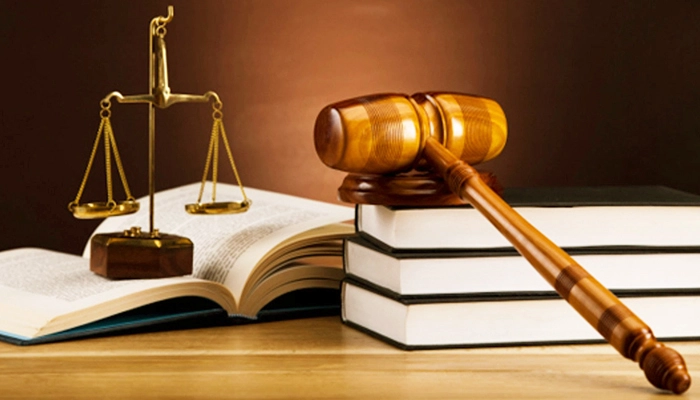
Criminal law is a branch of law that deals with crimes and the legal procedures involved in the prosecution of criminal offenses. Criminal offenses are actions that violate laws created by the government and can result in severe penalties, including imprisonment, fines, and community service.
The primary purpose of criminal law is to protect society by punishing individuals who commit crimes. Criminal law is based on the principle of "innocent until proven guilty," which means that a person is considered innocent until the prosecution can prove beyond a reasonable doubt that they committed the crime.
The criminal justice system is comprised of three main components: law enforcement, courts, and corrections. Law enforcement agencies, such as the police, investigate criminal offenses and gather evidence to present to the courts. The courts then evaluate the evidence and determine whether the accused is guilty or innocent. If the accused is found guilty, the corrections system, which includes jails and prisons, carries out the sentence imposed by the court.
The criminal justice system can be complex, and it is essential to understand the different types of criminal offenses and their respective punishments. There are two main types of criminal offenses: felonies and misdemeanors. Felonies are more severe offenses and typically carry a sentence of more than one year in prison, while misdemeanors are less severe offenses and carry a sentence of less than one year in jail.
Common examples of criminal offenses include theft, assault, drug possession, and driving under the influence (DUI). These offenses are generally prosecuted by the government and can result in imprisonment, fines, and probation.
It is important to note that criminal law is separate from civil law. Civil law deals with disputes between individuals, while criminal law deals with offenses against society as a whole. For example, if someone is injured in a car accident, they may bring a civil lawsuit against the driver who caused the accident, but the government would also prosecute the driver for any criminal offenses committed during the accident, such as reckless driving or driving under the influence.
In conclusion, criminal law is an essential branch of law that helps to protect society by punishing individuals who commit crimes. The criminal justice system is comprised of law enforcement, courts, and corrections, and it is essential to understand the different types of criminal offenses and their respective punishments. If you find yourself accused of a criminal offense, it is important to seek the assistance of a qualified criminal defense attorney who can help you navigate the complex criminal justice system and protect your rights.